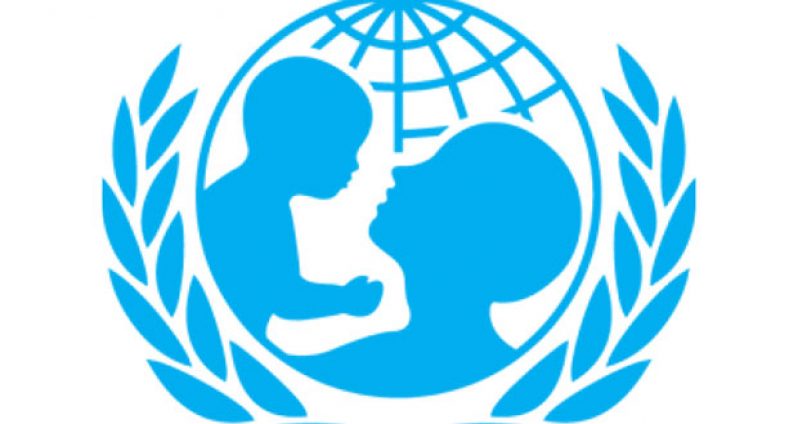…UNICEF urges more fathers to play active role in their young children’s development
THE First 1000 Days of life are the most critical growth years when the foundation for cognitive, social, emotional, language and physical development are laid and as such the United Nations Children’s Fund (UNICEF) is urging fathers to honour their responsibilities to their young children.
In a statement to mark Father’s Day being observed today, UNICEF said during this critical time the human brain develops faster after conception and through the ages of 2-3 than at any other time in life. However, this period can also be one of great vulnerability, where children may fail to thrive if their basic needs remain unmet. A lack of nurturing care – which includes adequate nutrition, stimulation, love and protection from stress and violence – can hinder the development of these connections.
Fathers have an important role to play in their children’s development. They can help to give them the best start in life when they provide good nutrition, protection and interactive stimulation through play. When children positively interact with their fathers, they have better psychological health, self-esteem and life-satisfaction in the long-term. However, a new UNICEF analysis reveals that globally, more than 55 per cent of children aged between three and four-years-old have fathers who do not play or engage in early learning activities with them. Through simple activities such as reading, playing, feeding and interacting with their children, fathers can inspire future learning and growth.
In Latin America and the Caribbean, UNICEF statistics show that only between six per cent and 36 per cent of children aged between three and four years old have fathers who engage in play and early learning activities with them, while the proportion of children of the same age group who have mothers who engage in these activities is much higher, and varies between 31 per cent and 82 per cent. In households affected by poverty in the region, only four per cent to 22 per cent of the fathers are involved, while in the richest quintile households, this involvement reaches 39 per cent, which greatly favours the integral development of children.
“Starting from the beginning of life, children benefit when both mothers and fathers lovingly assume the responsibility of caring, protecting their children, and stimulate [sic] their brains with play and early learning,” says María Cristina Perceval, Regional Director of UNICEF for Latin America and the Caribbean.
The United Nations Agenda 2030 for Sustainable Development has made it a global priority that by 2030, all girls and boys should have access to quality early childhood development, care and pre-primary education, so that they are ready for primary education.
We are committed to working towards this goal, and to enhancing the supply and demand for integrated early childhood development through public sensitisation and integrated planning across sectors. By engaging with families and communities, we hope to increase the demand for quality, affordable early childhood development programmes and services, and to advocate for investment in programmes targeting the most vulnerable children.
UNICEF urges governments and the private sector to increase spending and influence policies to support early childhood development programmes that focus on providing both mothers and fathers with the resources and information they need to provide nurturing care to their children.
“On this Father’s Day, we encourage more fathers to play an active role in their young children’s development,” said UNICEF Representative Sylvie Fouet. “When fathers nurture, protect and support their children, they create a strong bond that can last a lifetime.”




.png)









